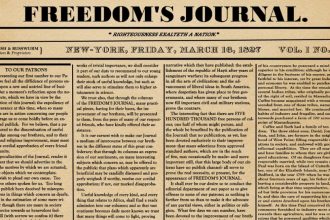
Workers Once Forced the Social Gospel Into Churches—Can It Happen Again?
…orm. Clergy of nearly every denomination eyed the era’s fledgling working-class movements with deep suspicion and, in many cases, outright alarm. There were a number of reasons for this. Protestant ministers enjoyed close ties—social, political, financial, and more—to Chicago’s industrial elite, which predisposed them to be skeptical of trade unionism. In the turbulent 1870s and 1880s, as the rank and file, increasingly predominated by the foreign…
Read More






